- 3986
- 0
Sharing Ideas and Updates on LPG in Nigeria and related information to enable effective collaboration within the LPG Value Chain
The Demand For Cooking Gas Drops In Nigeria Due To Increase In Prices - NALPGAM

The demand for Liquefied Petroleum Gas (LPG), commonly known as cooking gas, has seen a decline despite various efforts by the Federal Government to bolster supply and encourage local consumption, as reported by The PUNCH.
Gas retailers shared insights over the weekend, highlighting a noticeable drop in cooking gas demand attributed to the reduced purchasing power and low income levels among consumers. Citing inflation as a significant factor driving prices beyond the reach of the average individual, retailers from areas like Isolo and Oke-Afa revealed a trend where consumers opt for smaller quantities, with many now purchasing 5kg or 6kg cylinders and even smaller variants. Market surveys indicate that prices for a 12.5kg cylinder now range between N11,000 and N12,000 across various locations, reflecting the strain felt by consumers due to the inflated prices.
Dapo Olatunbosun, President of the Nigerian Association of Petroleum and Gas Marketers, acknowledged the government's recent efforts, ensuring consistent local supply and stabilized prices through interventions by the Nigerian Liquefied Natural Gas Limited (NLNG). Despite these measures, Olatunbosun noted a concerning decline in consumer demand, albeit without specifying the extent of the fall. While acknowledging the current stability in prices, Olatunbosun expressed concerns over the declining demand driven by economic constraints, anticipating a potential minor uptick in demand in December but not significant enough to match previous years' levels.
The scenario follows earlier concerns raised by Olatunbosun regarding potential price hikes, highlighting the government's intervention in stabilizing supplies and consequently prices. He emphasized the need for close monitoring and potential restrictions on unjustified price hikes by the association.
The report also alludes to NLNG's proposed shutdown for routine maintenance in 2024 and the preceding surge in prices due to forex depreciation and international market fluctuations. Subsequently, the Federal Government intervened by summoning the Nigerian Midstream and Downstream Petroleum Regulatory Authority, aiming to restore market stability. As the government steps in and surveillance intensifies, the expectation is for a gradual reduction in prices, assuaging concerns of hitting the previously projected N18,000 mark for a 12.5kg cylinder by December. The collective vigilance aims to deter arbitrary price hikes, bringing relief to consumers in the weeks ahead.
Here is our perspective, this situation could present a challenging landscape. On one hand, the decline in demand for cooking gas due to increased prices directly impacts business profitability. It's worrying to witness consumers resorting to smaller cylinder sizes or even decreasing their consumption due to financial constraints.
While the government's interventions aimed at stabilizing prices and ensuring consistent supply through NLNG are commendable, the persistent economic constraints pose a real threat to sustained demand. The looming shutdown for routine maintenance (although partial) in 2024 and the potential impact on prices due to forex depreciation and international market fluctuations further complicate the situation.
It's crucial to maintain a delicate balance between ensuring business sustainability and considering the affordability aspect for consumers, especially in a market where purchasing power is a significant concern. Collaborating with the government and industry associations to monitor and curb unjustified price hikes is essential to restore consumer confidence and maintain a steady market.
Finding innovative strategies to address the pricing challenge while ensuring adequate supply and quality service will be pivotal. Perhaps exploring cost-efficient methods in production, distribution, or even considering incentives for consumers could help mitigate the impact of rising prices on demand. Balancing business goals with societal needs amid economic fluctuations is a complex yet necessary endeavor.





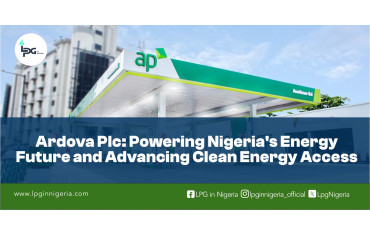
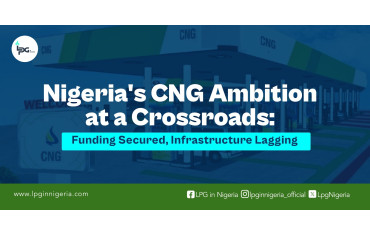
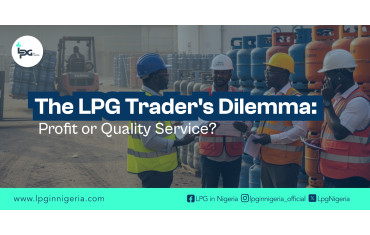

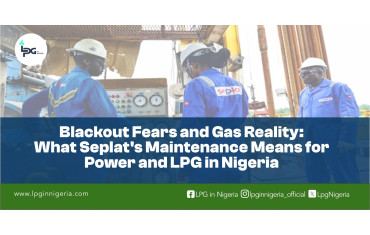
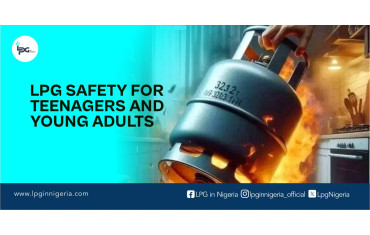





0 Comment.